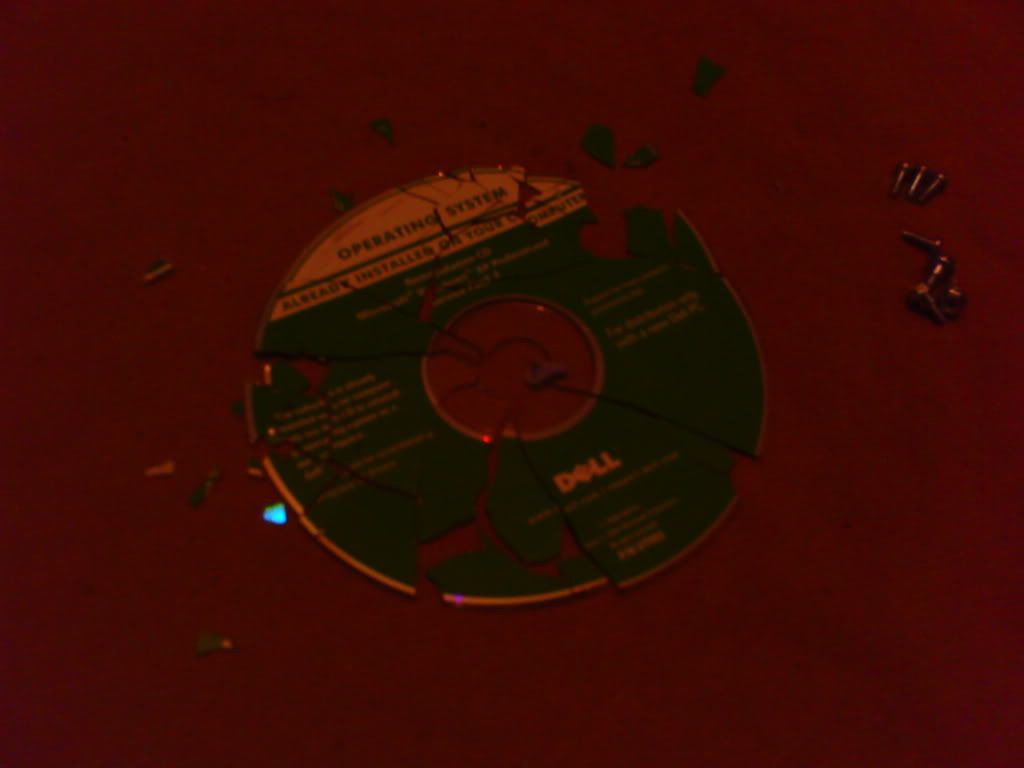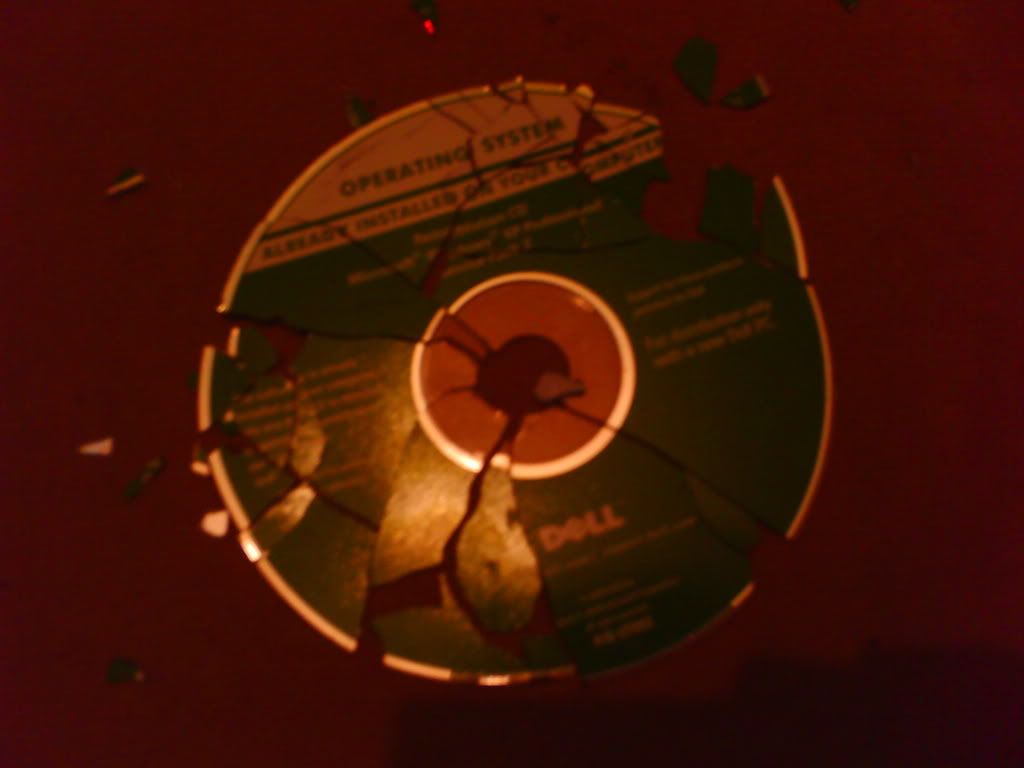Some people have said Windows 7 is just a service pack to Windows Vista. I've even said as much myself. However the longer my family uses Windows 7 the more I find myself having to try and fix the damn thing. I'd say Windows 7 is actually nothing more than a theme pack for Windows Vista. There is absolutely nothing new on offer here. It's not even as stable as Vista. Why is it that a disparate group of engineers and programmers spread across the world can build and OS as good and stable as Linux but yet all the money Microsoft supposedly throws into R & D can't build a half decent desktop OS.
Yes I am pissed off as I write this blog entry. Just once, just one weekend I'd like to have to myself without having to trouble shoot a Windows PC. I don't get these problems with Ubuntu. Which is what I'm switching my family to even if they don't want it. Either that or they can pay for support from a commercial repair service. I am totally sick to the back teeth of Windows. Even after I stopped using it I still find myself fixing the damn thing.
Microsoft should be ashamed of it's self. It peoples money and delivers piss poor bug infested products in return. The Windows 7 Ultimate costs around £400. For what exactly? It doesn't work any better than any other version of Windows. It's shite! A totally useless pile of shite! The sooner the majority of people stop using it. Stop putting up with piss poor products the sooner the rest of us can move on.
That includes the OEMs! Dell, HP, Lenovo, Asus, Gateway, Acer and the rest. Stop forcing this crap on your customers!
If anybody tells me Windows 7 was their idea one more time, I'm going to punch them square in the face! It seems fair. They inflicted this suffering on me. I shall repay them in kind.


